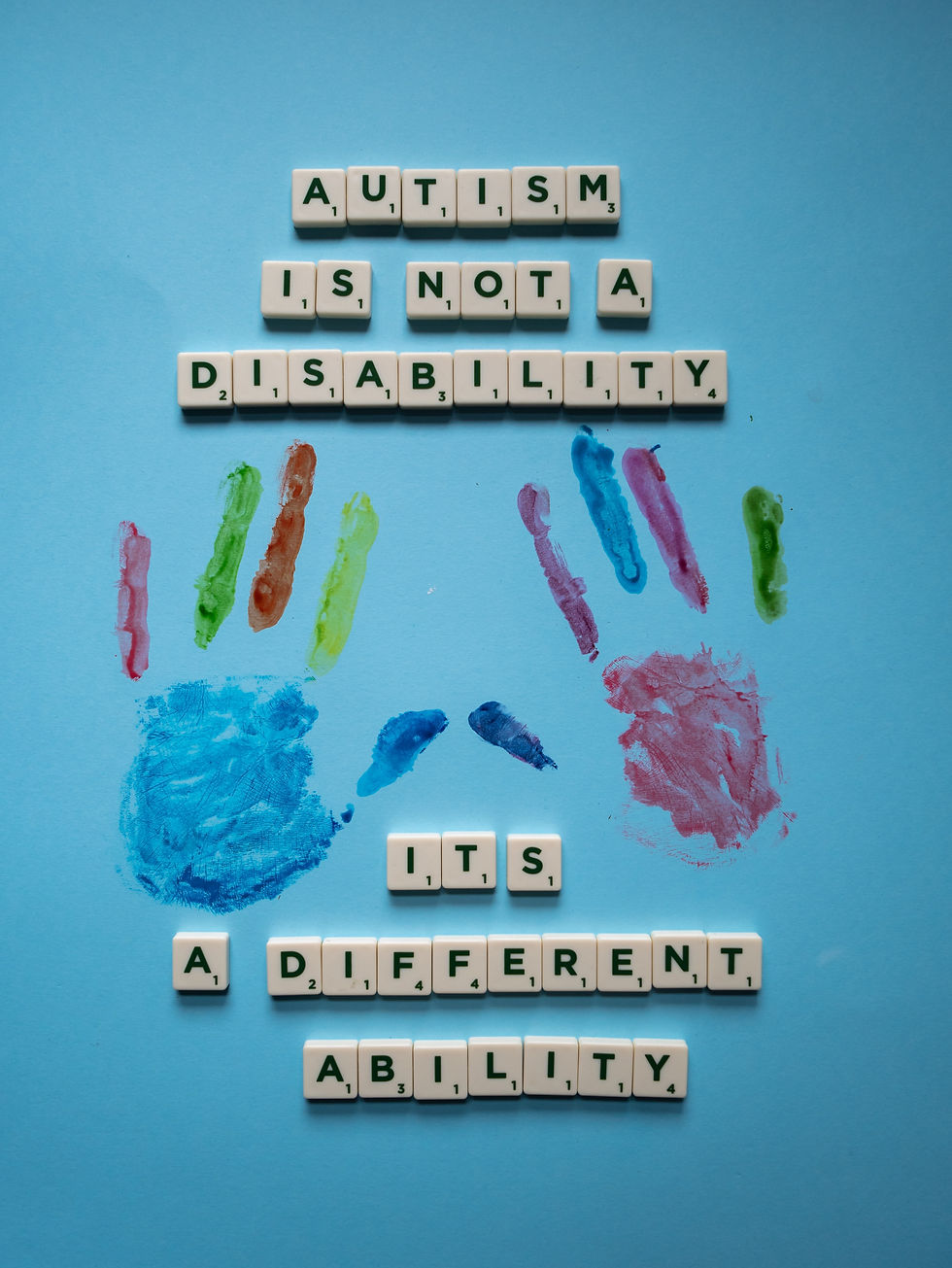Whether your child has been identified or you are beginning the path to a potential diagnosis, the words Neurodivergence and Neuroaffirming should both be added to your vocabulary. These two words are part of an autistic’s life and will certainly become part of yours.

Let’s talk meaning:
1. Neurodivergent – Means a brain that is not "neurotypical." Neurotypical means not displaying neurodivergent traits. That may be a little hard to understand given the definitions basically just say the opposite of each other, so here's how we see it: there is no one “right” or ideal brain, rather all human brains are biologically normal and adaptive. What distinguishes a neurodivergent and neurotypical brain are the thinking patterns or traits. Neither is "correct," just that they are different and need to be acknowledged and accommodated for.
Now, there are many people with underlying assumptions of “ableism,” mostly because this is what we’ve been taught in the past. That to be autistic means that your child is not normal. Fortunately, with a neurodivergent framework, people can reflect on the fact that everyone’s brain is different from the next person’s and the us vs. them mentality can be fully put to rest. Each person, autistics included, have their own strengths, passions and hobbies to pursue as well as having their own difficulties that need support to learn about and adapt to.
2. Neuroaffirming – this means the idea that individuals have differences in their abilities and how they interact with the world around them, and this idea is honoured by others in their words and actions.
There seems to be a clinical discussion happening around autistic people that is opposed by the neurodivergent community. Using the medical model gives the tone of neurodivergence being disease-like and needing to be fixed. Parents and others need to shift the focus from medical to person-focused in how we speak and interact by listening to our autistic community. At Kindred Kids, we make our engagement shift to your child’s interests rather than asking them to shift to ours.
Though neurodivergent and neuroaffirming mean different things, they do inform each other and they are important conversations starters to have with your practitioner. Speaking out about your neurodivergent experiences helps others learn and adapt to how to interact with your child. Connecting and discussing neuro-affirmations for your child becomes the terminology that your child will hear.

As a practitioner, neuroaffirming to me means that I can’t pretend to know everything about your child and what they need. I endeavor to use what your child has told me (along with what you’ve told me!) with my past experiences to try to interpret the message that your child is sending. There is space for all types of learning and perspectives, and I can grow my understanding of how and what your child needs to help them achieve their goals.
What are some ways that you promote a neuroaffirming lifestyle? Can you give me (or Kindred Kids) further suggestions on how to improve our neuroaffirming business? We’d love to hear from you!

Commenti